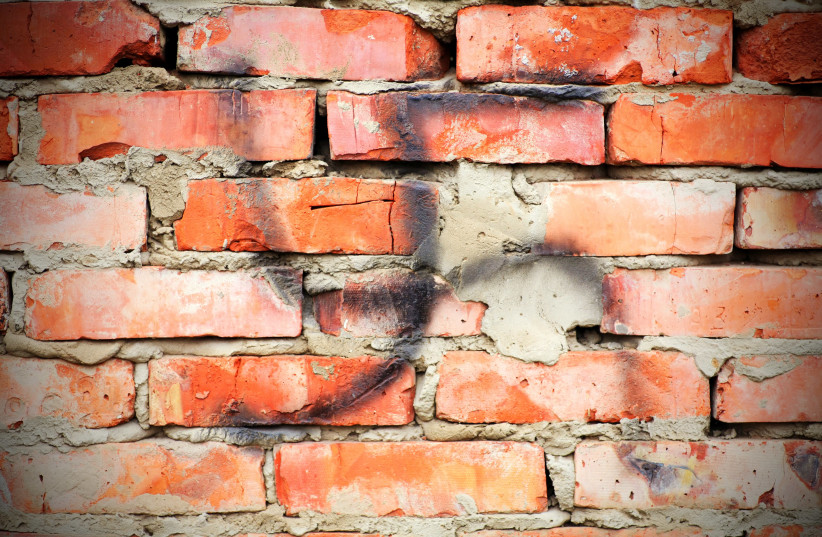Over 100 antisemitic incidents were recorded in each of the first six months of the year according to a new report released on Thursday by the Community Security Trust (CST), an organization that protects British Jews from antisemitism and related threats.
The report reveals that online antisemitic incidents in the UK have skyrocketed by 37% in the first half of 2023, with Twitter playing host to a majority of these incidents.
Overall, the report shed light on antisemitism's worrying presence in the UK. Despite a modest 2% decrease in total reported antisemitic incidents compared to the first half of 2022, the figures remain troubling. A total of 803 incidents were documented during the period, ranking it the sixth-highest for the January-to-June interval. For context, 2021 registered a high of 1,371 cases, 2020 witnessed 875, and 2019 had 911.
What exactly did the data say?
The data showed that:
- Abusive behavior was most rampant, representing 83% of the cases.
- Threats witnessed a decline of 15%, with 44 incidents.
- University-related incidents were down by 35%, with only 17 cases noted, 11 of which occurred on campus.

Holocaust-related imagery and discourse were present in 31% of all cases, while Israel-related rhetoric was seen in 17%.
Alarming as well was a 32% spike in incidents focusing on synagogues, their infrastructure, or attendees, 16 of which targeted congregants while traveling to or from prayers.
Geographically, Greater London and Greater Manchester remained primary areas of concern, contributing to 72% of the half-year's total. Although Greater London noted a 4% drop with 447 incidents, Greater Manchester saw a startling 29% rise, totaling 132 incidents.
Beyond the visible figures, the CST also identified 328 potential incidents that, while lacking clear antisemitic markers, are still significant for ensuring the Jewish community's safety.
As online spaces become more hostile, the challenge to address and stem such trends becomes even more pressing for both communities and platforms.
CST Chief Executive Mark Gardner commented on the distressing findings: “Every single month, British Jews are reporting over 100 antisemitic hate incidents to CST. It reveals the base level of anti-Jewish hatred, but it also highlights the significance of the tone and policies set by leaders and influencers. We witnessed it during every year of Jeremy Corbyn’s leadership of the Labour Party, and now, from an entirely different angle, we're seeing the same pattern emerge due to recent changes at Twitter.”
HM Government’s Independent Adviser on Antisemitism, Lord Mann, weighed in on the report: “CST is recognized across government and law enforcement as the go-to source for evidence regarding the nature and scale of antisemitism in the country. Those who believe the issue has subsided should delve into this report. It provides a clear picture of how antisemitism continuously evolves, seeking new channels to threaten, belittle, and harm Jewish citizens of every age. The collaboration between the government, the criminal justice system, and CST remains pivotal in how we monitor and confront antisemitism. Fortunately, there's a consensus in Parliament that this remains a top and ongoing priority.”
The Board of Deputies, the umbrella organization of British Jewry responded as well: “It's deeply troubling that the CST Antisemitic Incidents Report for the first half of 2023 paints a picture where over 100 incidents of anti-Jewish hate were recorded each month. The rise in online hate through Twitter stands out as particularly alarming, yet entirely predictable, considering the marked policy changes under its recent change in ownership. We applaud CST for this report and trust its findings will capture the attention of lawmakers."
